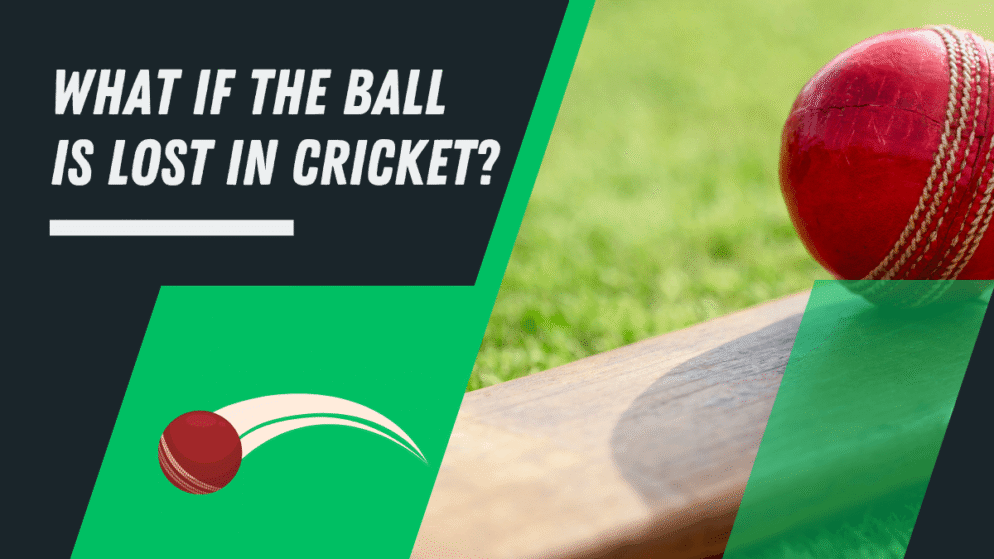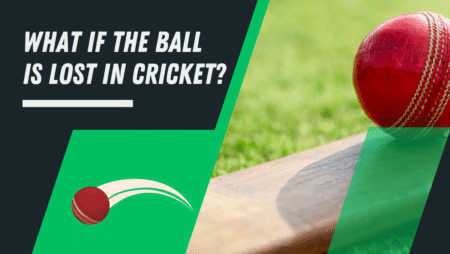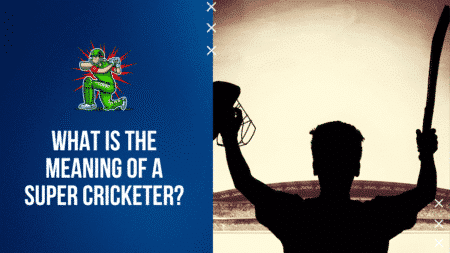

The pace of cricket as a sport has gradually increased with time. The bat and ball game began with a match lasting five days and later progressed to matches wherein results were obtained in a day. It now has come to a point where a match reaches its conclusion within three hours. As the length of the game reduced, batters aimed to score runs faster.
Batters score runs depending on the format and the powerplay rules. Power hitting has led to a greater frequency of boundaries being hit. The ball no longer sees the boundary as the limit. The spectators receive it more frequently, and in some cases the ball finds itself outside the stadium.
In some of these cases, the ball might get lost. Upon confirming that the ball is dead, the umpires signal the ball dead. All runs that were scored before the umpire signaled the ball dead are added to the total of the batters and the team.
The lost ball must be replaced with a ball that has similar traits as that of the lost ball. This means, that if the lost ball had undergone a lot of wear and tear, then this ball must be replaced with a similar appearing ball. The replacement of the lost ball with a new ball is not allowed. This is because it can give an unfair advantage to the bowling side as the new ball swings heavily.
The only time a new ball can be used as a replacement is when the lost ball is a new ball. Such a scenario is more likely to take place in the beginning of the innings of a limited overs match or whenever a new ball is taken in first class cricket.
Laws regarding the replacement of a lost ball came into existence in 2017. This can be found in the code of the Laws of Cricket under section 4.5.








